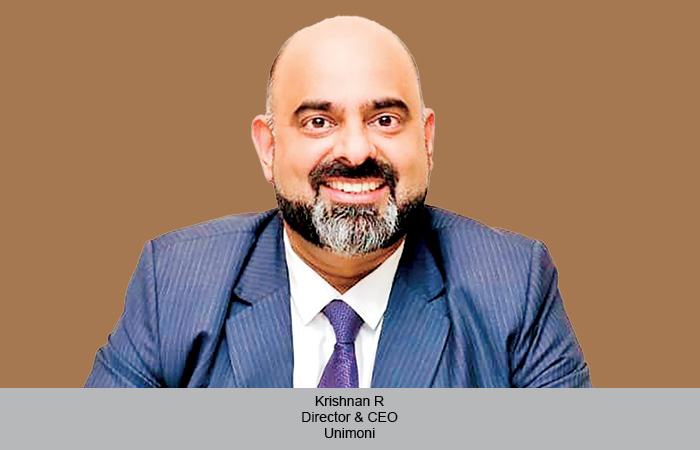Janice Alyosius
According to an event insurance market research report by Allied Market Research, the global event insurance market was valued at US$726.9 million in 2022, and is projected to reach US$2.3 billion by 2032, growing at a CAGR of 12.7 per cent from 2023 to 2032. The increase in demand for event insurance is a key driver for the growth of event insurance market. Naveen Kundu, Managing Director, Ebixcash Travel services, said, “In India, event insurance is only available for large-scale events, making it the only country where such insurance is limited to larger events within the industry. For the M!CE industry, there is a lack of insurance coverage available. When an organisation cancels an event suddenly citing any reason, it becomes exceedingly difficult for travel companies to claim refunds and navigate between airlines and DMCs. Corporates often find it challenging to pay for these cancellations, desiring protection from such occurrences. Therefore, I believe, it is time to develop an insurance product specifically designed to safeguard the event industry.”
Sunaina Chatterjee, Chief Executive Officer, ICON Planners, shared, “Conferences, particularly large-scale exhibitions, are taken quite seriously, necessitating insurance coverage. However, for regular conferences, such as domestic or smaller-scale ones with around 2,000 to 3,000 participants, the adoption of insurance in India remains relatively low. However, insurance is more common in some of the metro cities due to the involvement of numerous stakeholders.”
Lack of awareness regarding the types of available insurance and their significance is one of the key reasons why event insurance is not widely used in the industry. “The educational gap persists in India, affecting both conference organisers and participants. Despite its importance, event insurance is not uniformly
embraced across the country,” Chatterjee highlighted.
She emphasized that even professional conference organisers (PCOs) often lack knowledge about event insurance. “The percentage of adoption increases when foreign committees are involved in organising events in India, as they are already aware of the importance of insurance,” she said.
The perception that insurance is an additional cost and the prevalent ‘jugaad’ mindset contribute to the reluctance to adopt event insurance in India.
“In terms of percentages, approximately 40 per cent to 45 per cent of events in major cities like Mumbai or Delhi incorporate insurance. However, the numbers drop significantly in smaller cities like Kolkata or Jaipur, ranging between 2 per cent and 5 per cent. The challenge lies not in the lack of knowledge but also in the industry’s general unawareness,” Chatterjee shared.
Emphasising on the high insurance premiums, Sudeep Sarcar, Chief Executive Officer, India Exposition Mart, said, “When dealing with international event organisers, there seems to be a level of doubt and uncertainty about choosing India as a host country. This hesitation often stems from the country’s vast size, which presents numerous opportunities, along with unforeseen challenges during the event. Any uncertainties that arise during this critical period can jeopardize the entire event, resulting in substantial losses for the entire community involved. Although there are insurances available to protect against event cancellations, the associated premiums are exorbitantly high. It’s crucial to address this issue and explore potential interventions to make the process more feasible. By implementing softer interventions, we can encourage both domestic and international organisers to consider the inherent uncertainties in organising events in a vast country like India. Despite the challenges, they can take calculated risks that might offset potential losses.”
 TravTalk India Online Magazine
TravTalk India Online Magazine





